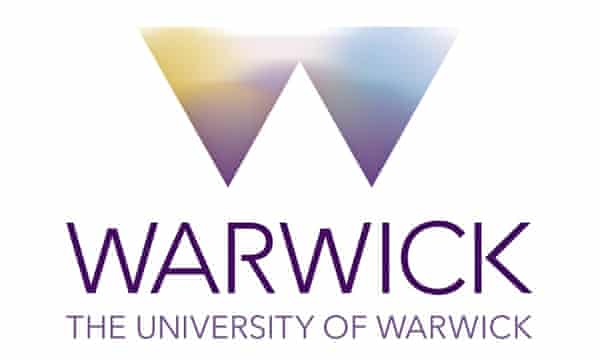University of Warwick: 2 million Euro funding to design new energy efficient materials by computer simulations
A University of Warwick project that develops and uses computational tools to calculate the electronic properties of materials will investigate new possibilities that have better energy efficiency, thanks to 2 million Euro funding.
313 winners of the European Research Council’s latest round of Consolidator Grants, backed with some €632 million, will tackle this and other major questions across all scientific disciplines.
The funding will support mid-career researchers and will help them consolidate their teams and conduct pioneering research on topics and with methods of their choosing. Part of the EU’s Horizon Europe programme, this new round of grants will create an estimated 1,900 jobs for postdoctoral fellows, PhD students and other staff at 189 host institutions.
A myriad of novel materials have been recently identified and synthesized, offering unprecedented opportunities for novel functionalities and enhanced properties. The COMPLEXthermMA project based at the University of Warwick School of Engineering develops advanced theory and highly efficient computational tools that will allow the calculation of their electronic properties in a reliable and flexible manner. These tools will be then used to design the next generation of thermoelectric materials, utilizing the many complex electronic features that become available.
The project aims to provide the tools that will benefit many electronic materials scientific fields. More specifically, however, it will allow the design of thermoelectric materials with 10-fold performance improvements compared to the state-of-the-art using innovating concepts that will be developed. Since thermoelectric materials can convert large amounts of heat into electricity, they can contribute significantly towards energy savings and the sustainability of our electricity base, empower electronics for the Internet of Things, and enable efficient solid-state cooling technologies.
Principal Investigator Professor Neophytos Neophytou, of the University of Warwick School of Engineering, said: “I am extremely pleased to receive this prestigious award, actually for the second time. It will enable me to continue producing top level research output and create a world leading group. It is one of the only funds that supports high risk, high gain projects as this one, and I hope upon successful implementation to strongly impact the field of materials engineering and energy harvesting technologies.”
President of the ERC Professor Maria Leptin commented: “Even in times of crisis and conflict and suffering, it is our duty to keep science on track and give our brightest minds free reign to explore their ideas. We do not know today how their work might revolutionise tomorrow – we do know that they will open up new horizons, satisfy our curiosity and most likely help us prepare for unpredictable future challenges. So, I am thrilled to see a new group of ERC grant winners funded for their scientific journey. I wish them the best of luck on their way to push the frontiers of our knowledge!”

